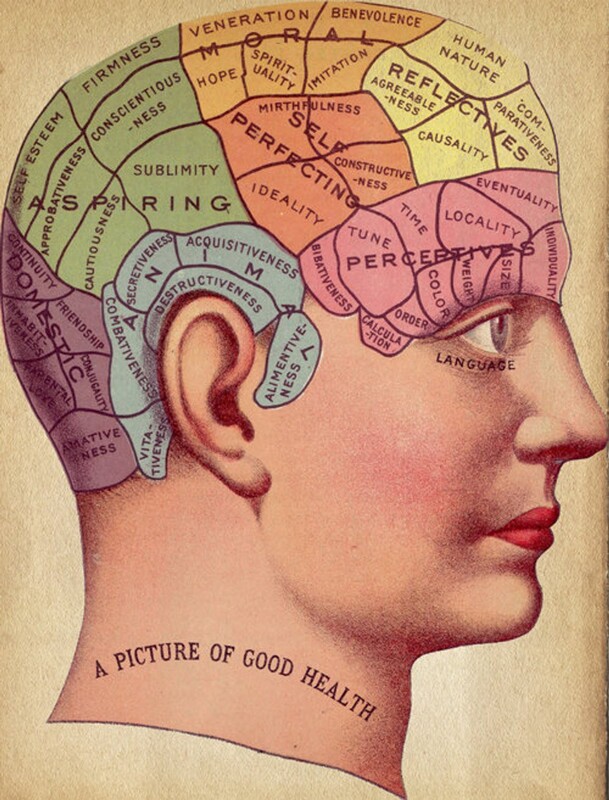|
By: A. Thiollier Picture from: https://medium.com/@ccmarie.clark/a-brief-history-of-mental-illness-362f0145245d Mental illness is a very delicate concept. For a long time, it was condemned, and people with these diseases were treated as witches, criminals, and demonically possessed. Treatments for the illnesses were not very different from forms of torture. It was only in the recent past that these diseases were recognized and addressed in a way that they can be treated, and that people began to understand and acknowledge mental health. However, even today, a major problem is how most people are uninformed about mental illnesses, and we must try to learn how to help cure mental illness instead of ignoring or rejecting it.
The discovery of depression (at the time called melancholia) and other mental illnesses dates to the times of the ancient Greeks. At the time, mental illnesses were known as demonic possessions, and “treatments” included beating, imprisonment, and food deprivation. However, some Roman and Greek doctors began to theorize that mental illness might be more related to biology and psychology than spirits. These positive steps were erased at the start of the Middle Ages. As religion began to rule the population’s thinking, nearly all went back to the idea that these diseases were the result of the devil, witches, and demons. At this time, the infamous witch hunts began, and burning, drowning, and attempts to drive out the evil spirits became the popular “remedy”. It was only during the Renaissance that doctors began to review the theories of the ancient phycologists. A few of them made life better for the sick by moving them from cells to rooms, giving them the freedom to walk and exercise. In the 1800s, more and more people were becoming concerned with the horrible treatment of these sick people, and in the US, hospitals were built, however, they had little effect and people in the hospitals continued being treated with hostility. In the late 19th century, the difference between two main types of mental illnesses – psychosis and schizophrenia – was discovered by Emil Kraepelin. This was an important discovery at the time and remains important today. In the 1930s, the first real treatments for depression and other illnesses were in the trial phase, and often there were problems that followed, such as convulsions, comas, and fevers. Another common treatment was the lobotomy, which was a surgery where the frontal lobe was removed. This would “calm” depressive patients but come with dangerous side effects such as personality changes, poor judgment, decision-making abilities, and occasionally even death. Later, antidepressant drugs were created as an alternative to more drastic measures. However, they came with possible weight gain, tiredness, and the potential for overdose. In the 1950s, 560,000 mentally ill patients were hospitalized, calling for the need for more local facilities. This worked successfully, and by 1980, the number dropped to 130,000. However, some facilities were more careless than the larger hospitals, and a lack of follow-up care and of housing caused the released patients to become homeless. Many new, effective, and harmless medications have been created, and treatment and care for the mentally ill have improved tremendously. But we are not just there yet. Mentally ill people are still being confined and even locked up in more cases than they should for the 21st century. Many are still ending up homeless. What is the point of them being cured if they leave the facilities to fend for themselves on the streets and eventually relapse? One of the biggest issues is society's view of the mentally ill. We have passed the point where some think it is due to them being possessed, but many still negatively view these people. Many assumptions are made, where people think they are dangerous, which most of the time is not true. It can only make life harder for the mentally ill if others avoid them or treat them badly. So, before making false assumptions, let's learn from mistakes in the past and instead be informed through information, and not suppositions.
0 Comments
Leave a Reply. |
Categories
All
Archives
June 2024
|

